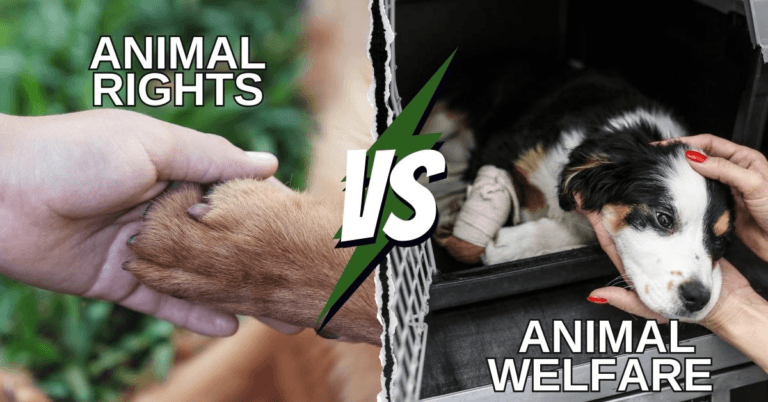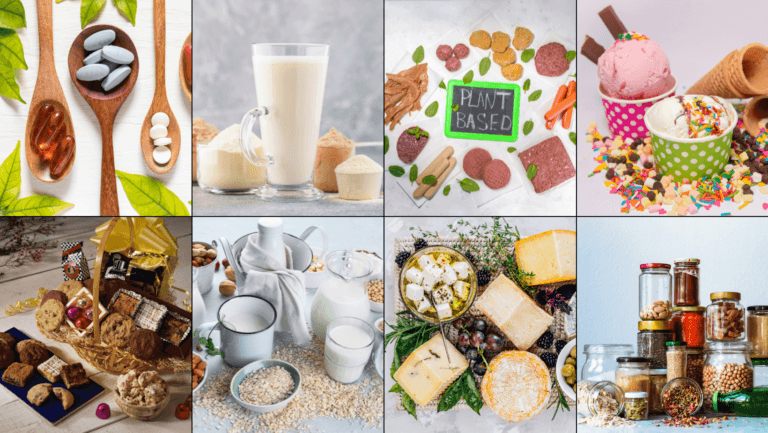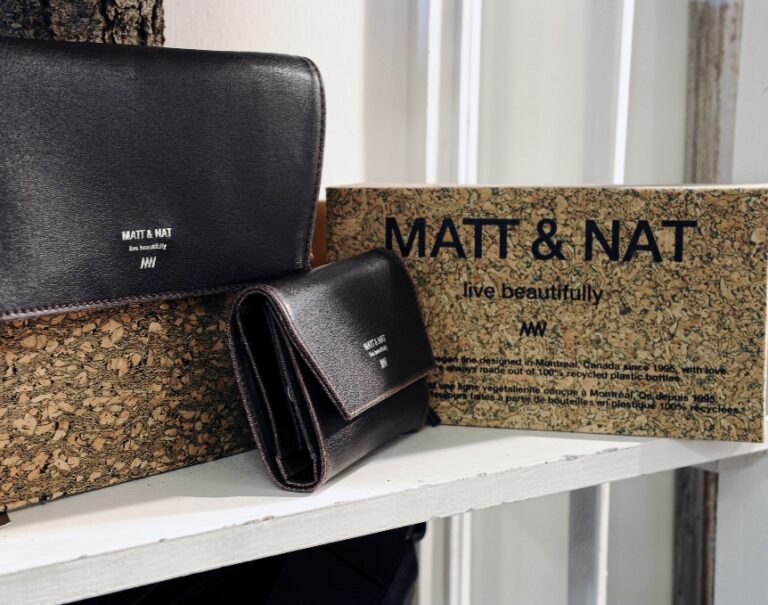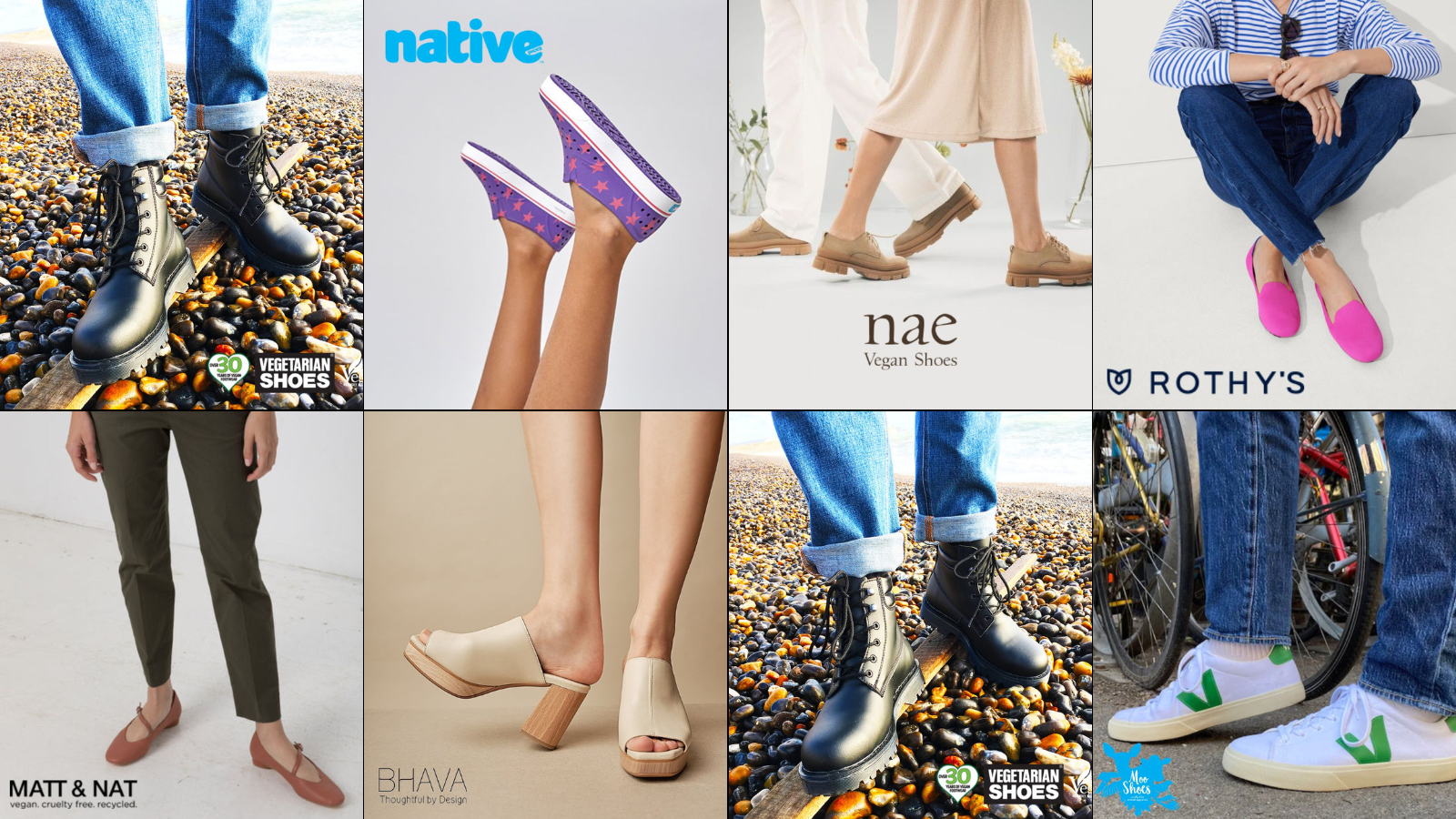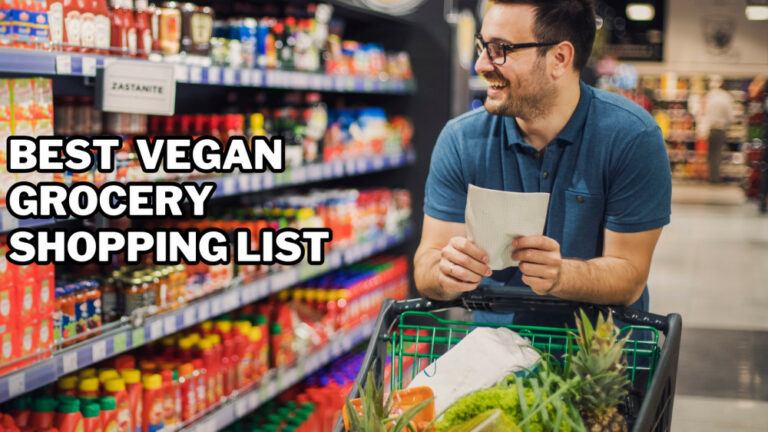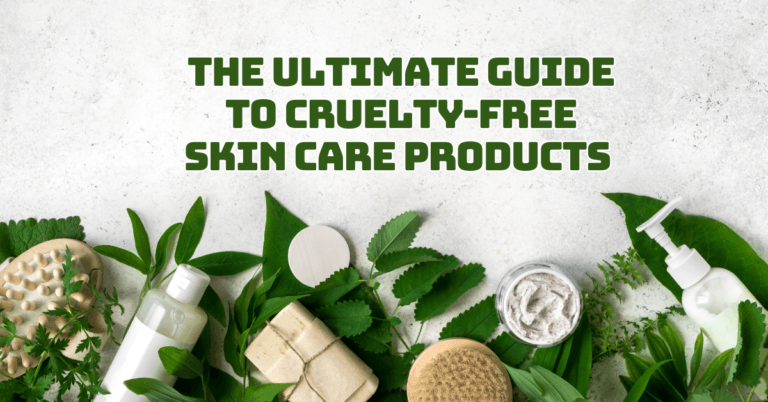Guide To Living The Vegan Lifestyle
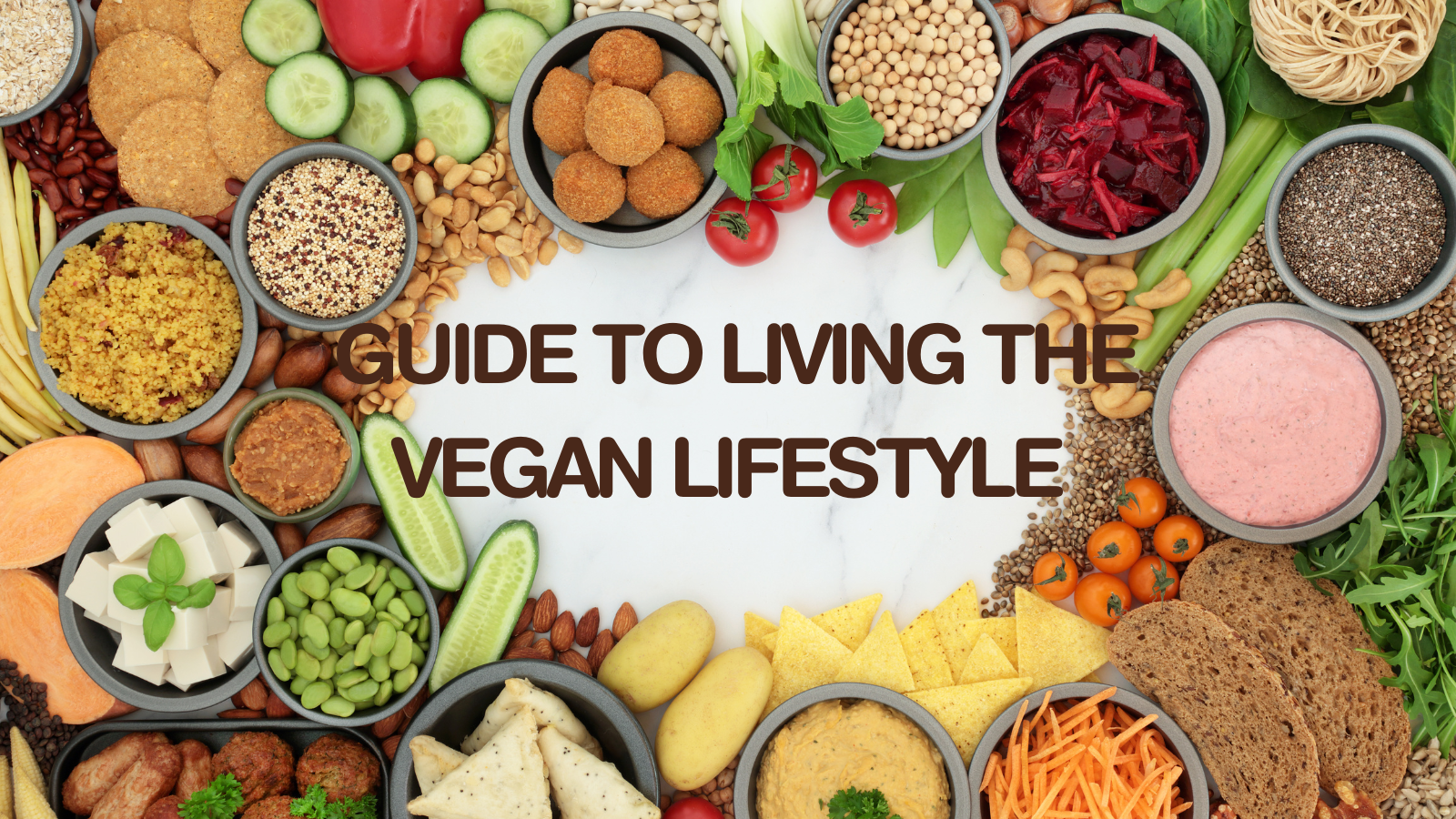
Guide To Living The Vegan Lifestyle
Living a vegan lifestyle is healthy for people and protects animals. It is excellent for the environment. Animal farming, the clothing and leather industries, as well as the cosmetics industry, create a lot of toxic waste and use thousands of litres of water annually. Going vegan helps your health and the environment and greatly reduces animal cruelty.
I love animals, and the thought of killing or cruelly treating them for humans to eat, drink or wear leather clothing goes totally against my grain.
A few weeks ago, I changed to a raw vegan diet (mainly healthy and delicious fruit). I craved salted foods during the first 10 days, which diminished in my second week. Sticking to the raw diet has already paid off by providing me with a lot more energy, therefore being fine with 5 – 6 hours of sleep. I get up early and finish my morning chores before everybody wakes up.
The (raw) vegan diet is excellent for our health. Using vegan products for cosmetics, perfumes, nail polish, clothing, accessories & cleaning helps protect the animals from cruelty, helps the environment, and is good for our bodies and skin. The vegan diet is great for 3rd world countries. They can grow food for themselves instead of livestock, reducing world hunger. At the same time, we can start reforesting the land that is no longer used for feeding animals.
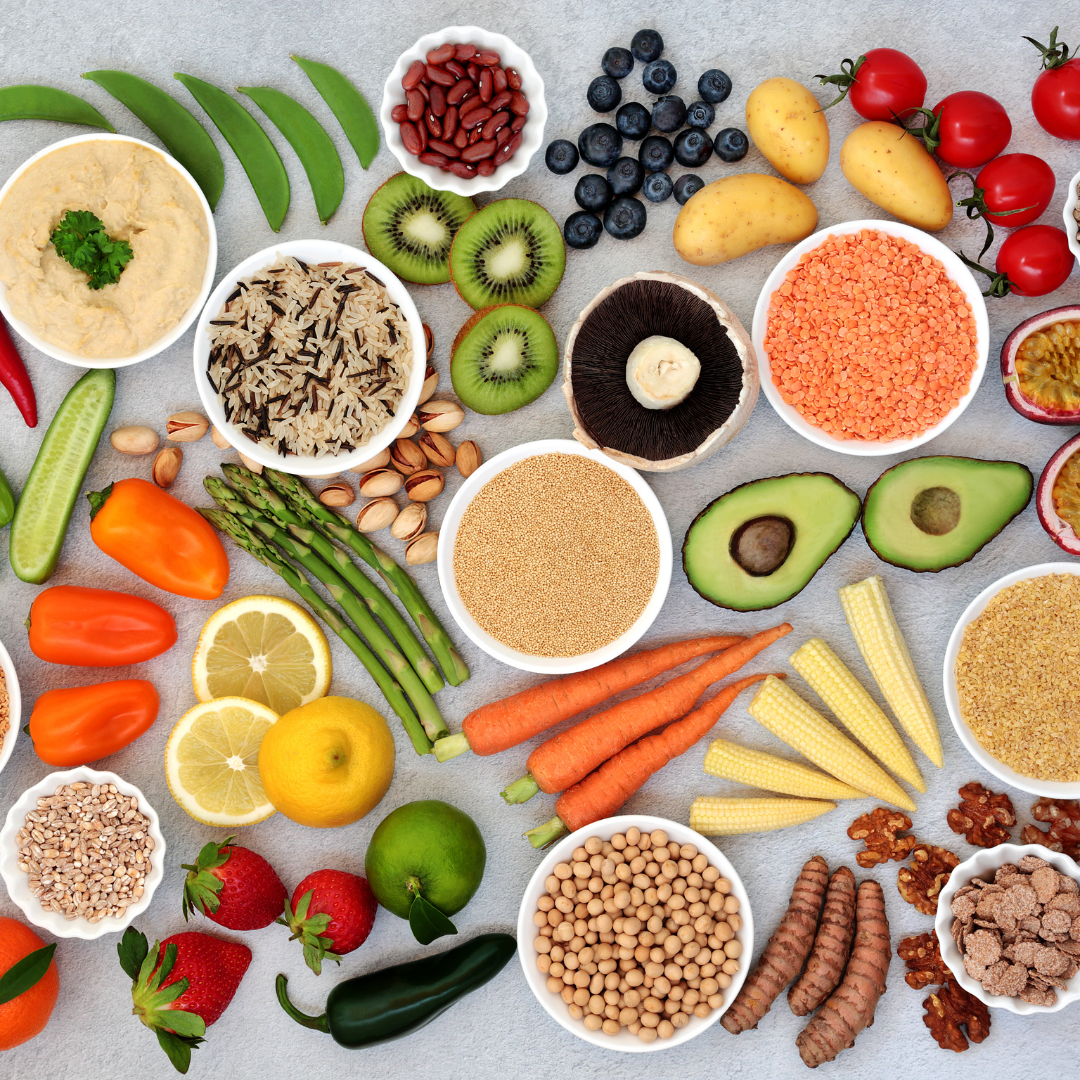
The Vegan Diet
General
The vegan diet does not include any animal or animal-derived products. So a true vegan does not use the following products:
- Meat: Beef, pork, veal, lamb, chicken,
- Fish & seafood
- Dairy & eggs
- Honey & royal jelly
- Gelatin and gelatin products (made from animal collagen)
- Casein and other milk by-products (may be used in non-dairy cheese – read the label)
- Whey in bread and sweets (a by-product of cheese making)
- Confectioners glaze used on candies (also called the resinous glaze, shellac, natural glaze, or pure food glaze)
- L. Cysteine is used in prepackaged bread & sweets (a dough conditioner made from feathers and/or human hair)
- The clarifying agent used in beer and wine (Isinglass is a chemical made from the fish bladder)
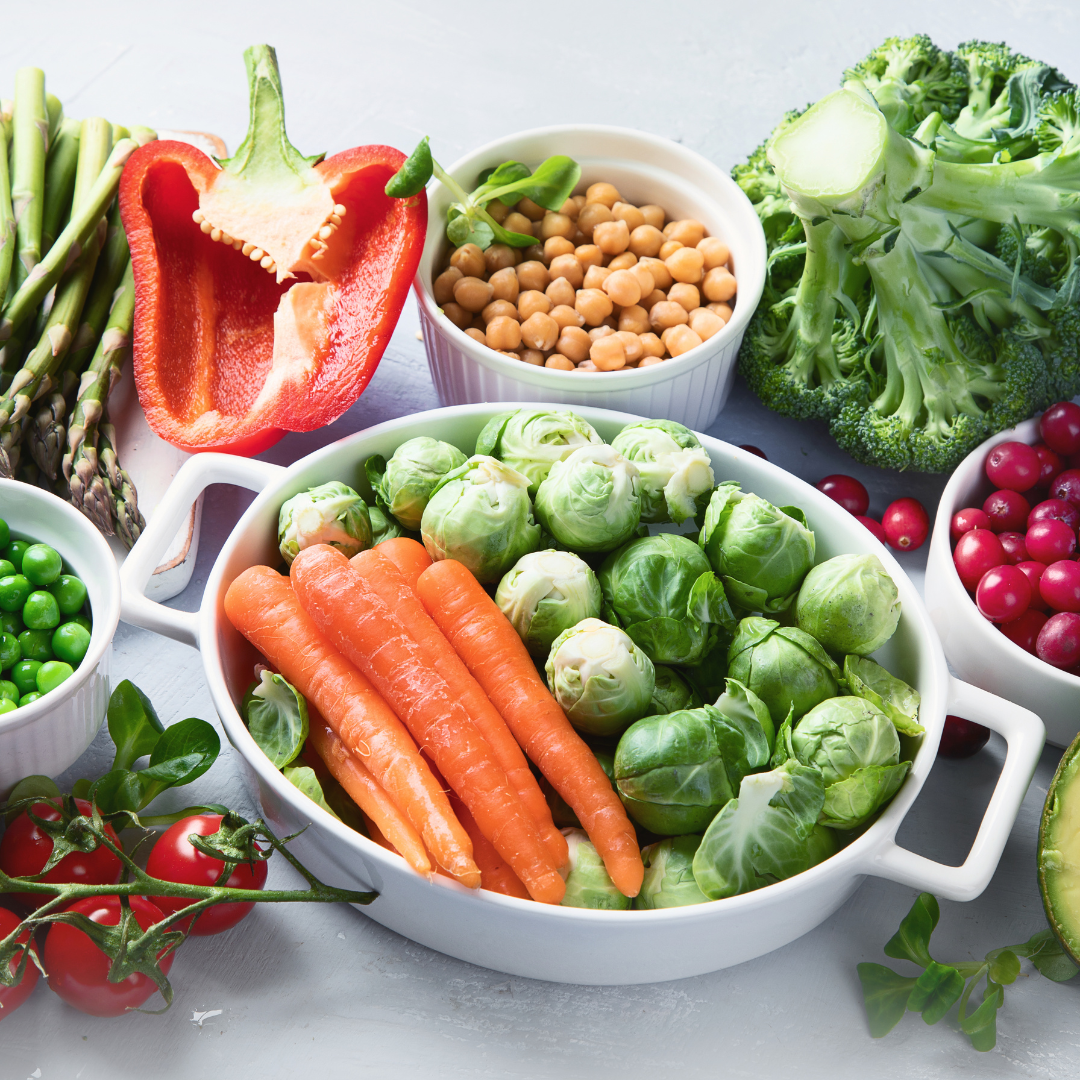
Benefits Of A Vegan Diet
The vegan diet has many benefits, and more people worldwide are following it.
- Veganism is healthy for our bodies
- It helps with weight loss
- Eating lots of fruit and vegetables gives us increased energy and stamina
- Vegans help the environment by reducing animal waste and chemicals used in the clothing and leather industries.
- Veganism also helps with reducing world hunger
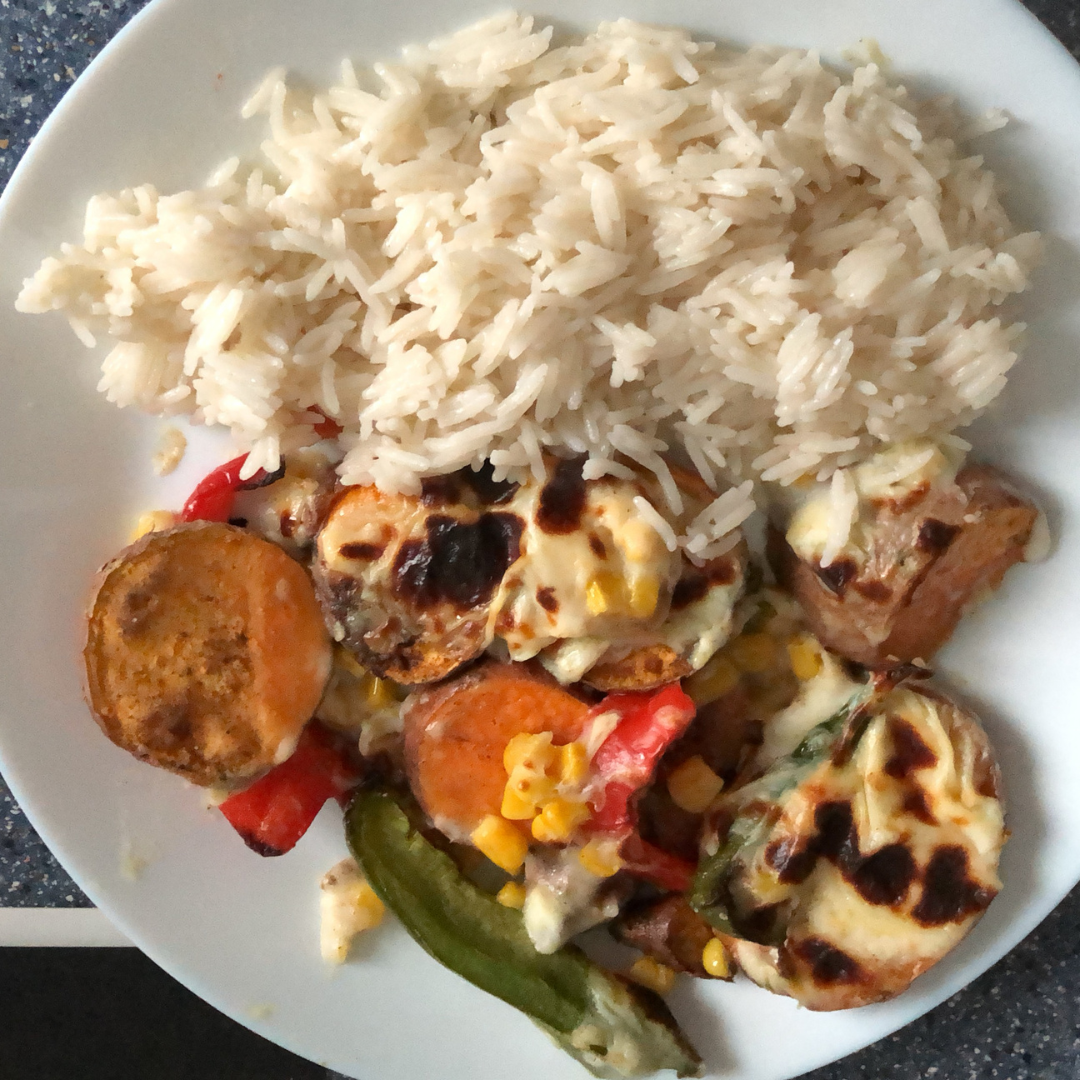
A Cooked Vegan Diet
This diet contains cooked food, including pasta, potatoes, rice, beans, canned products, fruit, and vegetables. Please note that some cake mixes, red candy, orange juice, bagels, sauerkraut, and pickles, as well as coca-cola, soda, and alcoholic beverages, may contain animal by-products.
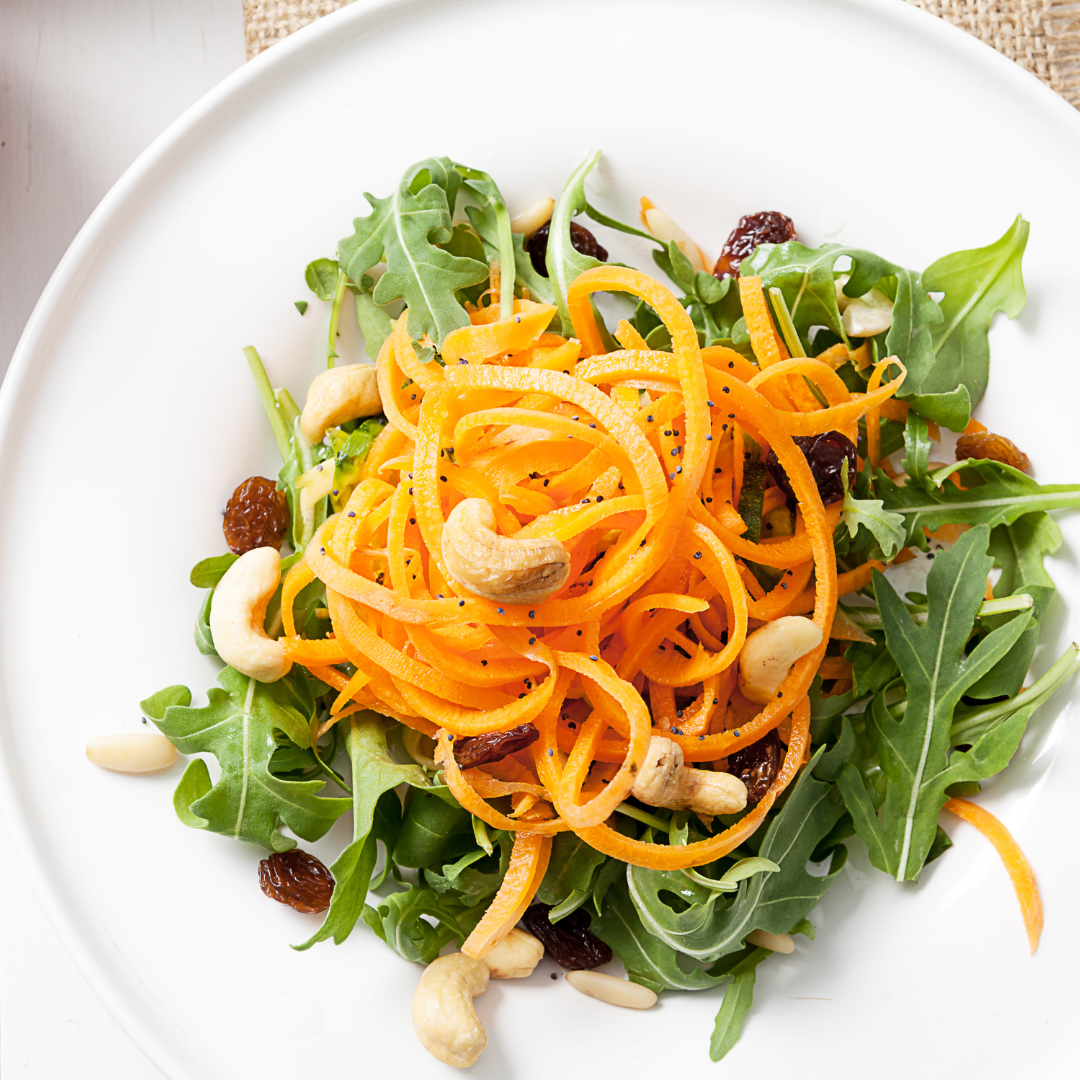
A Raw Vegan Diet
This is, in my opinion, the easiest to follow and the most beneficial for health. As a raw vegan, you eat all fruit & vegetables uncooked. As Helmut Wandmaker used to say, “Willst Du gesund sein, vergiss den Kochtopf” (loosely translated: If you want to be healthy, forget the pots & pans). This book was my “bible” when I was diagnosed with multiple tumours more than 20 years ago. Unfortunately, it is not available in English.
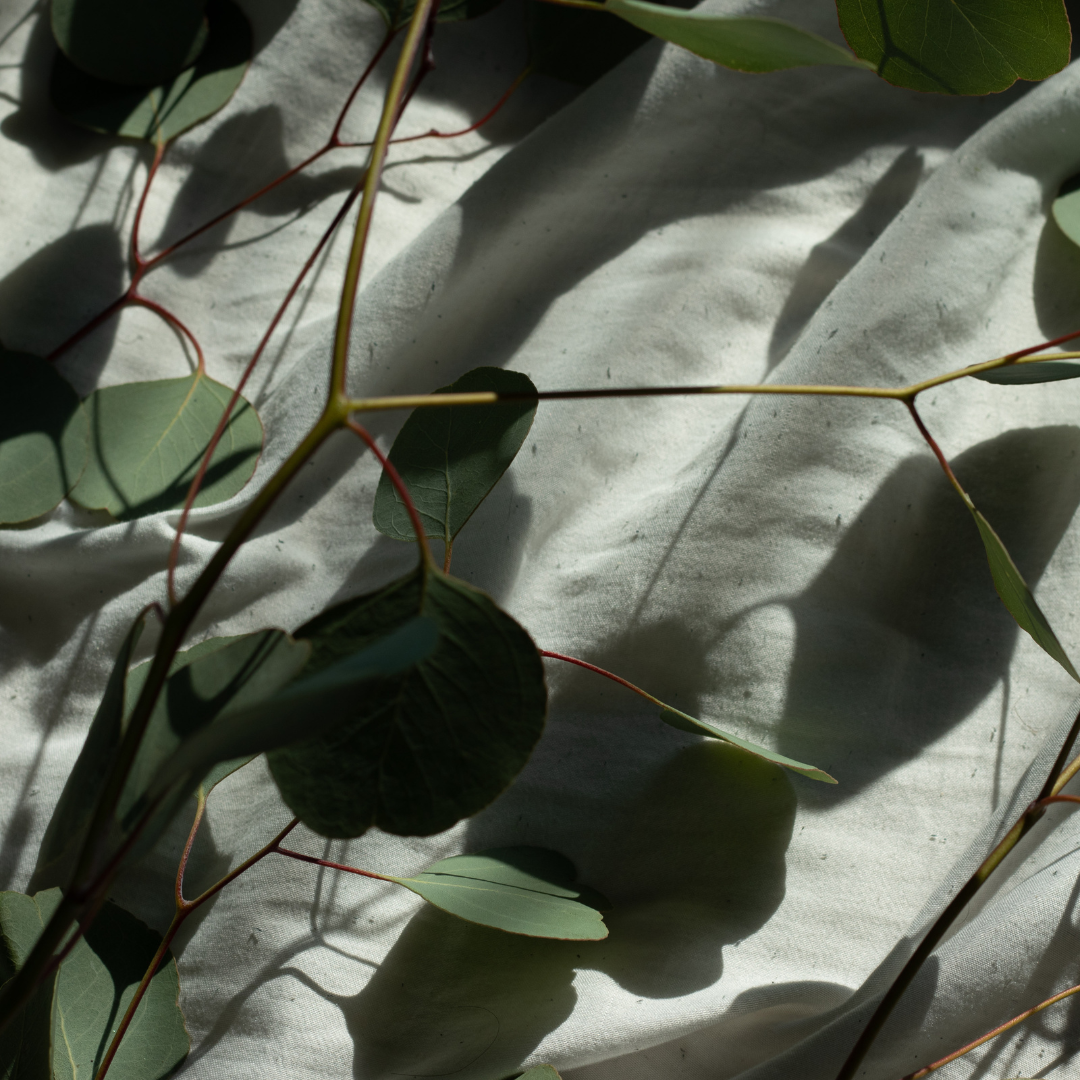
Vegan Clothing
A lot of our clothing is made of leather, suede, fur, wool, and silk (made by silkworms)
- Leather shoes – can be replaced with cork or ocean leather. There are also shoes made of canvas or textiles.
- Leather jackets – can be replaced by faux leather or, better yet, with microfiber.
- Leather belts – can be replaced with thickly woven cotton or nylon
- Woollen sweaters, hats, scarfs & mits – can be replaced with microfiber
- Leather accessories like purses, wallets, briefcases, and backpacks – can be replaced with faux leather
I have been avoiding all leather and faux leather products. They are treated with highly toxic chemicals and are not good for the human body. I don't need clothes and accessories with a leather look. I would never have bought a faux leather sofa and chairs. Unfortunately, we have them.
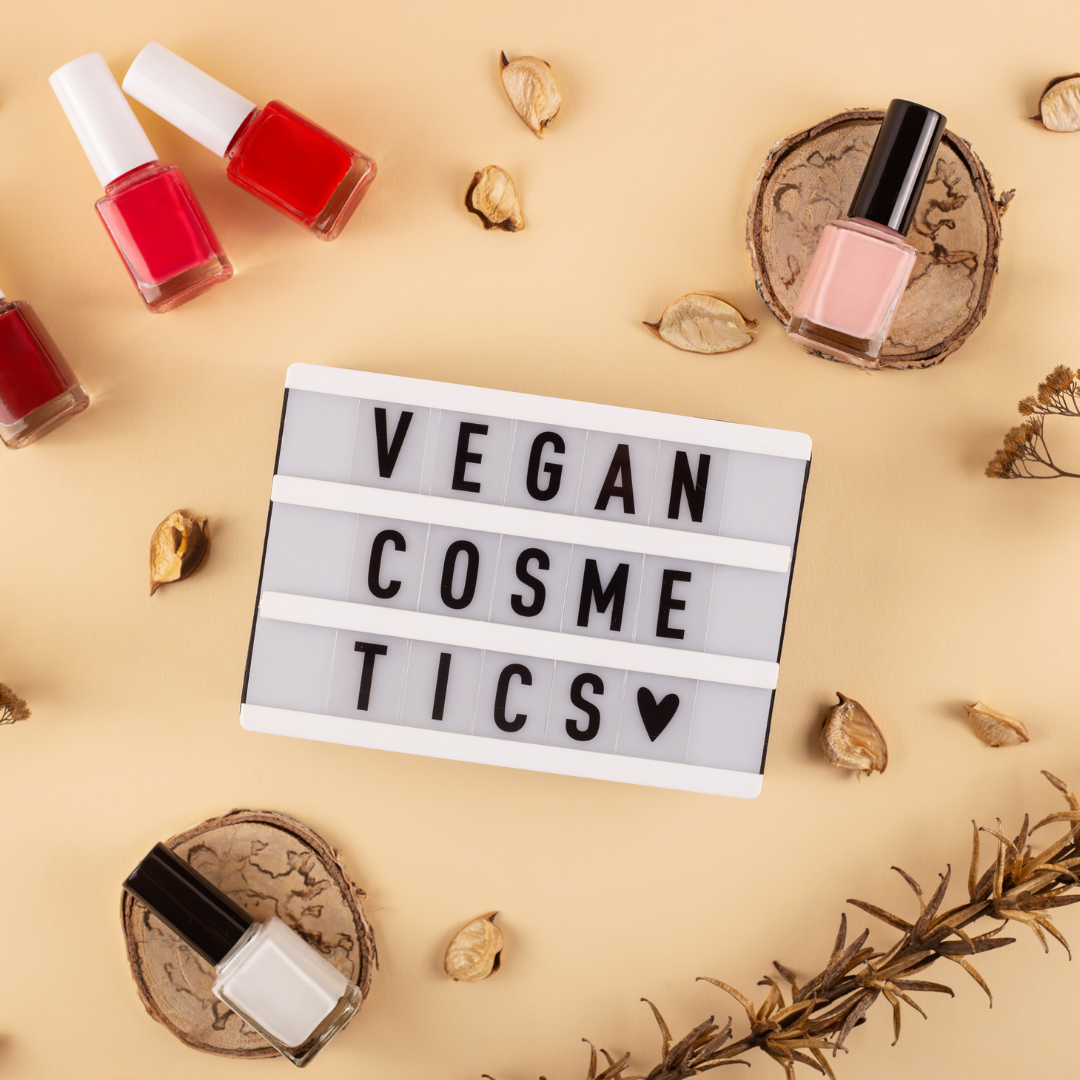
Vegan Cosmetics, Perfumes & Nail Polish
Most cosmetics we purchase in stores contain animal-derived products, i.e. honey, carmine acid (beeswax), carmine (crushed insects), animal fat, fur and hair, pollen, and royal jelly.
Some companies say that their products are not animal tested. What about the ingredients?
- Body wash, body lotions & creams, lip balm & lipsticks contain carmine (crushed insects), lanolin (wool grease derived from sheep), and silk proteins.
- Make-up contains carmine (crushed insects), gelatin (leftovers from the meat industries, i.e. pork skin, horns, bones), lanolin (wool grease derived from sheep), collagen (a protein found mostly in hair, skin, nails, bones, and ligaments, comes mostly from animal sources like beef or fish) and more.
- Make-up brushes – the bristles are made of animal fur, hair, or a combination. The most common are squirrels, foxes, goats, sables (a specimen of martens), horses, or mink.
- Nail polish contains guanine, obtained from fish scales, and carmine, made from crushed insects.
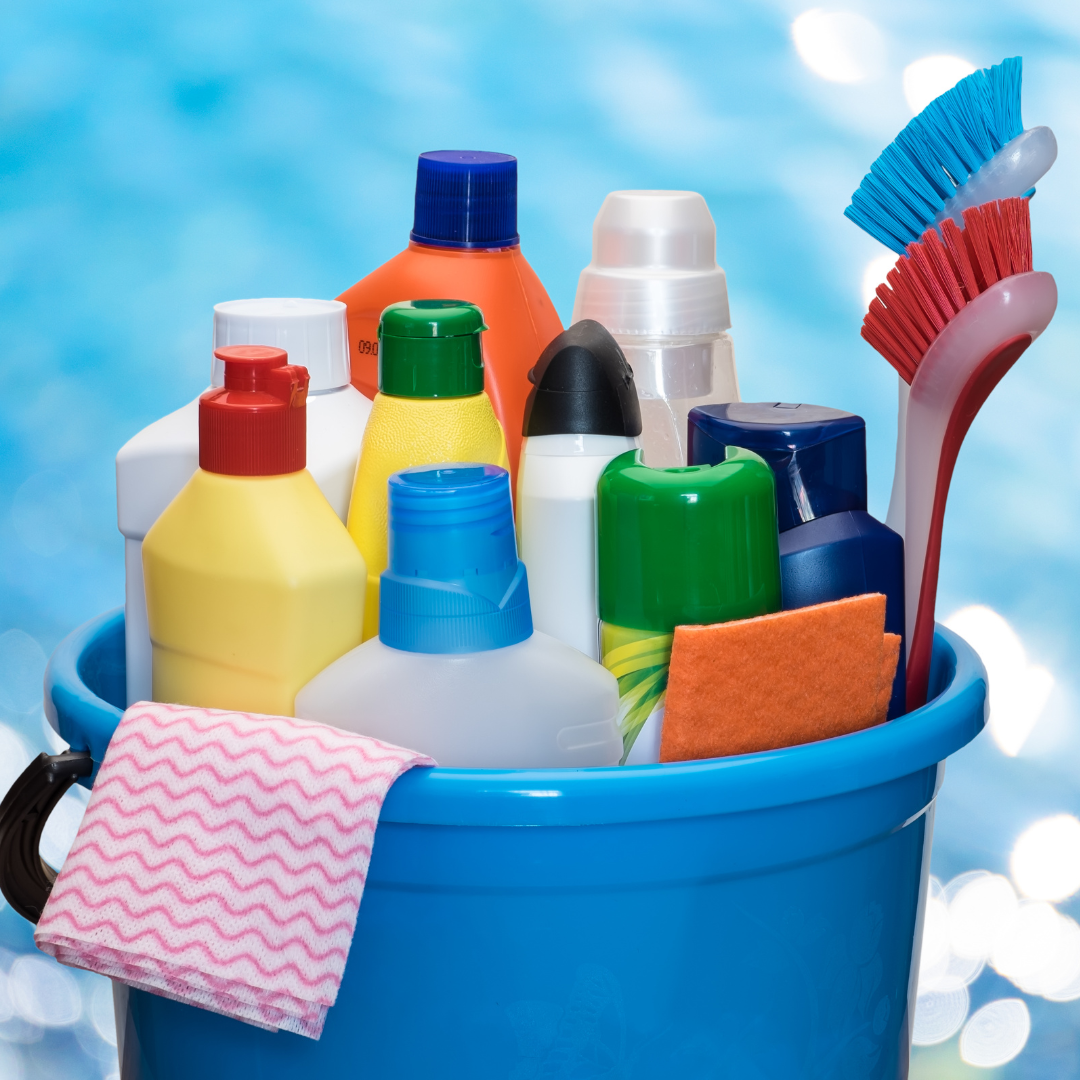
Vegan Cleaning
We are using only vegan, non-toxic and cruelty-free cleaning products. We clean kitchen sinks, countertops, bathroom sinks and all chrome fittings with baking soda and vinegar. This cleaning mix does an excellent job and is non-toxic and vegan. For the floors, we use vinegar and vegan, cruelty-free dish soap.
Many common household cleaners are animal tested and contain chemicals derived from animals. Here are some of the ingredients:
- Beeswax
- Animal glycerol and steric acids are made from animal fats.
- Animal lecithin is the waxy nervous tissue of animals.
- Tallow is made from rendered beef fats.
- Caprylic acids are sourced from animal milk.
- Oleyl alcohols are sourced from fish.
Interesting Facts About Other Non-Vegan Products
- Almond milk is not vegan. Almond milk has become very popular in the last few years. My husband and I changed to almond milk to avoid cow milk and its by-products. I found out today that it is not vegan. Here is why: Almond trees are not self-pollinating it takes honey bees to do that for us. California almond groves cover 900,000 acres, and every year nearly 85% of all beehives in the US are trucked to California to pollinate the almond crop. More than one million beehives travel to California every year.
- Plastic bags contain slipping agents, which are extracted from animal fat.
- Downy laundry soap and softener are chemically made from the rendered fat of cattle, sheep, and horses.
- Crayons contain rendered cow fats.
- Cigarette companies use extensive animal testing, which is looked at as horrendously cruel.
- Charcoal is made of burnt animal bones.
- Cough syrup and other medical supplies use all animal testing.
- Dawn is not cruelty-free since they use animal testing or vegan because it contains slaughterhouse renderings like animal fats.
- See also The Spruce Eats: 7 Sneaky Non-Vegan Ingredients.
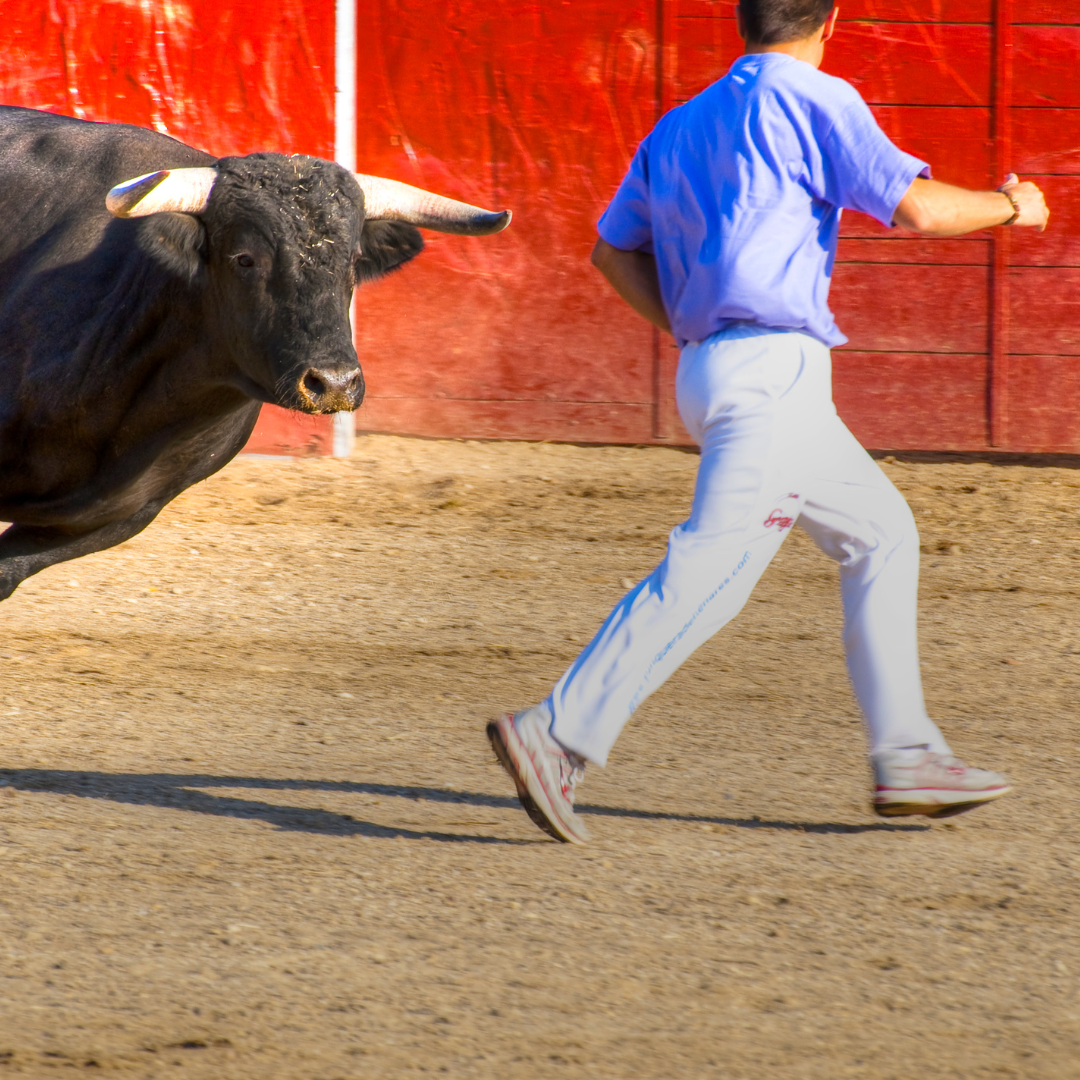
Cruel Animal Sports To Avoid
Most sports using animals are very cruel to them. Here are a few of the most common ones:
- Circus: As a kid, I loved to go to the circus. However, I always felt sorry for the animals. I saw them stuck in small cages, where they could hardly move, and they were treated with a whip.
- Bullfighting: Many animal rights groups were protesting against these cruel sports, and as a result, there are fewer of them. See also: League Against Cruel Sports on Wikipedia.
- Rodeo riding
- Animal races
- Dog fighting
- Cock fighting
- Fox hunting
- Hare coursing
- Bear shows
- Circus
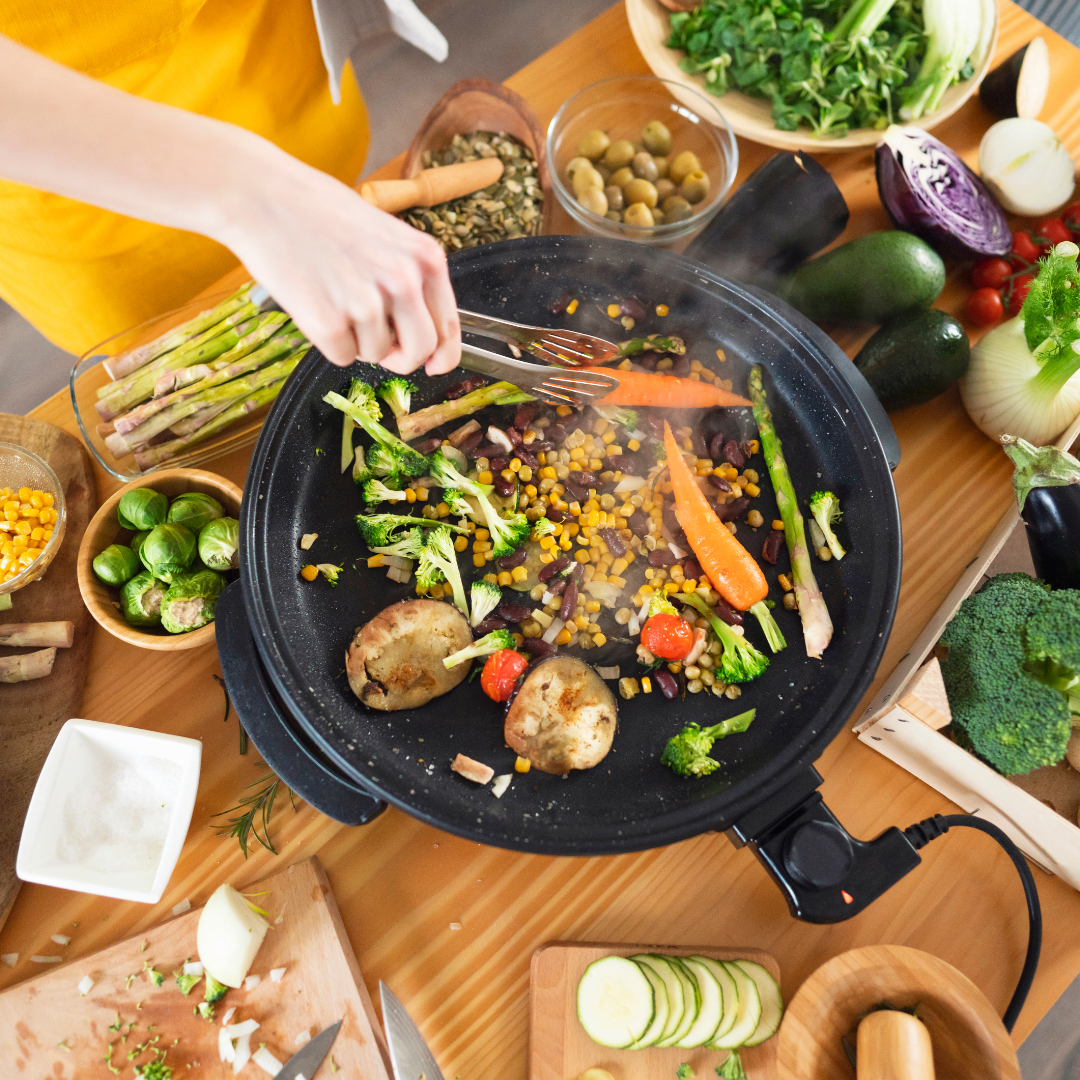
Conclusion
As you can see above, it is not easy to become a true vegan. However, I think it is well worth it. There is too much animal cruelty in this world, and everyone going vegan will help reduce it. At the same time, the vegan diet is excellent for our health in many ways:
- Increases our energy
- Improves our moods
- Reduces depression
- Beautifies our hair and skin complexion
- It helps fight cancer
- Reduces bad cholesterol
- Helps with heart health
- Reduces the chance of strokes
- Improves brain health
Veganism is also excellent for the environment since it helps to reduce greenhouse gases caused by huge animal farms and animal transports. See the example about the beehives, where more than a million are being shipped across the US to pollinate California's almond trees.
I trust you enjoyed this blog post on A Guide To Living The Vegan Lifestyle. Please stay tuned for more articles to come.
Take care
JeannetteZ
>>>Want To Learn How To Create Delicious, Cruelty-Free, Healthy AND 100% Vegan Meals? Try These Awesome Vegan Cooking Courses With A Free 7-DAY MEMBERSHIP<<<
Your Opinion Is Important To Me
Thoughts? Ideas? Questions? Please leave me your questions, experience and remarks about A Guide To Living The Vegan Lifestyle in the comments section below. You can also email me at Jeannette@LivingTheVeganLifestyle.org.
Disclosure
This post may contain affiliate links. I earn from qualifying purchases as an Amazon Associate and other affiliate programs. Please read my full disclosure.
You might also enjoy the following blog posts:
Ways To Learn Vegan Parenting With Advantages
Techniques To Introduce An Egg-Free Diet
Cruelty-Free Vegan Cosmetics – Love the Animals

